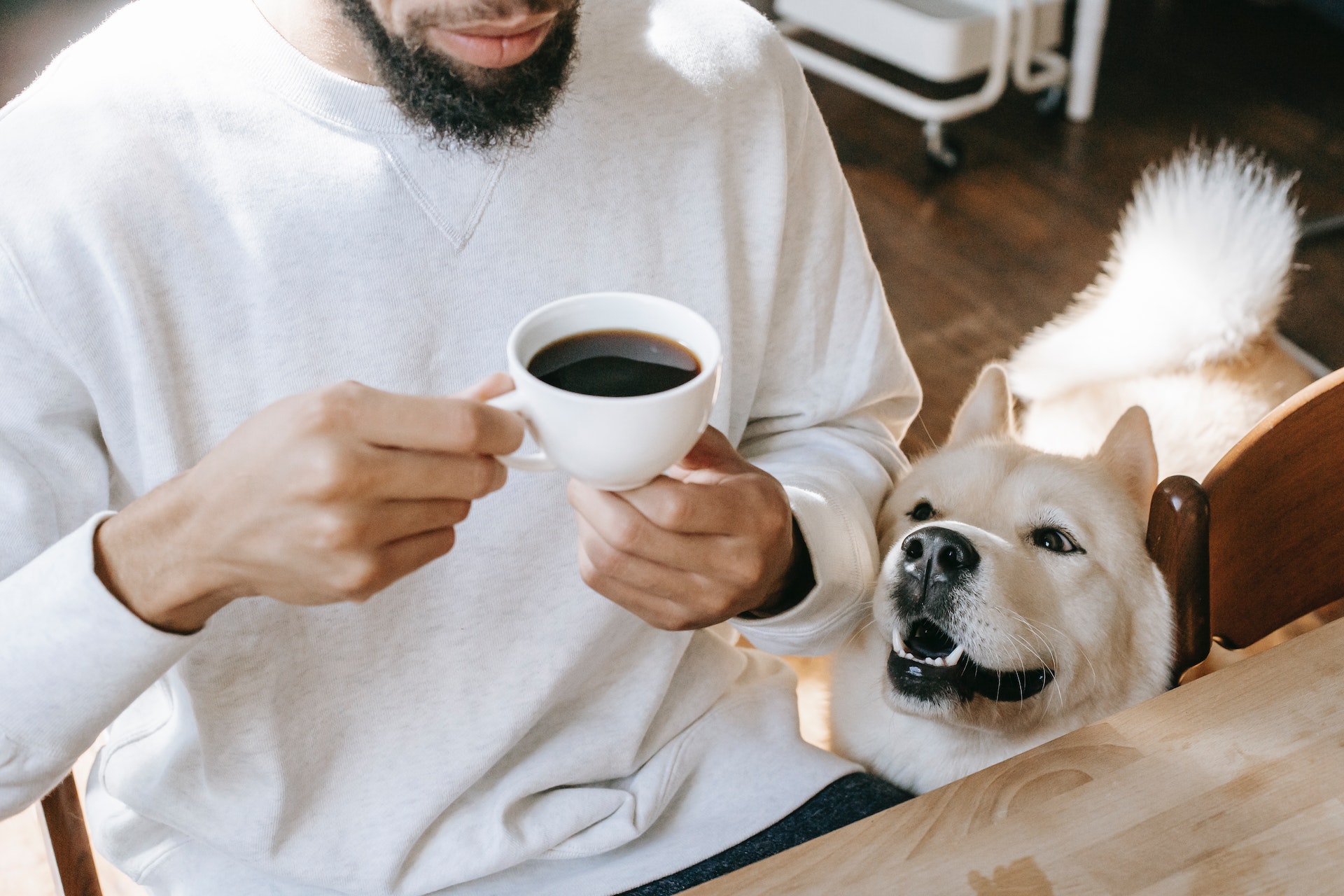What’s driving the rise of the petfluencer during the cost of living crisis?

People in the UK spend nearly £8bn on their pets per year, with £4.1bn on food and accessories in 2021 alone. Given the rise in popularity and success of influencer marketing, what is the role of social media in the booming pet economy? Off the back of its survey of 2,000 Brits, Opinium looks into the rise of the ‘petfluencer’.
Lower blood pressure, lower stress levels, as well as feelings of tranquillity and relaxation are all associated with the presence of animals. With 55% of people in the UK having a pet, according to Opinium research, it’s clear that animals are a necessity in most of our lives. In fact, 26% of Brits own two or more pets.
Our four-legged friends give extra comfort, calm and can take away fear and stress. But can we get similar effects simply from following other people’s pets on social media?
12 million Brits follow other people’s pets on social media
Following other people’s pets is totally normal. Simply put: other people’s pets make people happy. Around half of the respondents who followed pets said they followed them because they cheered them up (57%) or made them laugh (49%).
Another top reason to follow someone else’s pet is just because they’re adorable (51%). In short, pets can give us good feelings simply by looking at them.
Contrastingly, people follow influencers for their authenticity, consumerism, creative inspiration, and envy. This means that motivations to follow pets are much more emotional than reasons to follow influencers.
Every pet’s a winner
Dogs are the preferred pets to follow on social media, where 77% of those who follow people’s pets follow dogs, whereas 54% follow cats. In fact, the ultimate petfluencer on Instagram seems to be a Pomeranian known as @JiffPom who has 9.5 million followers.
In fact, people would rather follow a dog over James Corden, who has only 6.2 million followers on the platform in comparison. To put things into even more perspective, Jiff the Pomeranian is just as popular on Instagram as the Duke and Duchess of Sussex.
Dogs are more likely to be followed by males (81%) than females (75%), whereas cats are more likely to have female fans (55% compared to 51% of males). That said, one in four women were likely to follow people’s pets on social media, compared to just under one in five men – so while females are more likely to be following pets overall, the males that do follow pets prefer to follow dogs, three million Brits have a social media account just for their pet.
11% of pet owners have a dedicated social media account for their pet. Equally, both males and females were likely to create social media accounts exclusively for their pets. While others don’t go quite that far, at least a third (37%) post photos of their pets on their own social media accounts.
Even though one in ten Brits have a social media account dedicated to their pet, not all can reach ‘petfluencer’ status. Although they don’t necessarily need to have a large following (pets with over 1,000 followers are welcome to apply at certain petfluencing agencies), they should have good photos as well as an engaged community.
Clearly, Brits enjoy both creating and following animal content. People follow other pets primarily because it gives them positive emotions. In times of the cost of living crisis, petfluencer marketing can be a fantastic tool to showcase products to an audience that has existing positive connections with the pet.
Written by Livia Van Vliet, Senior Research Analyst of Opinium Amsterdam




